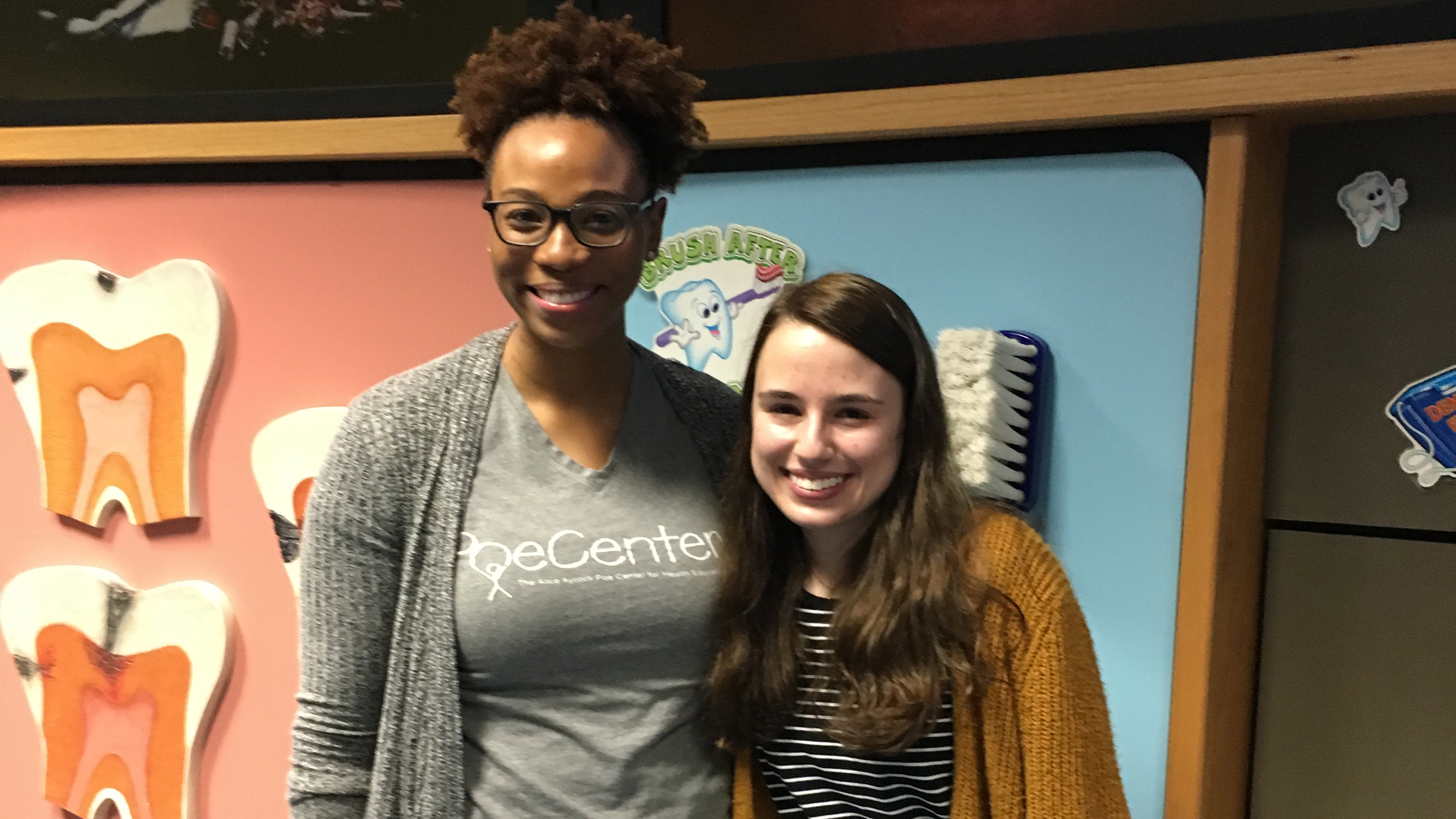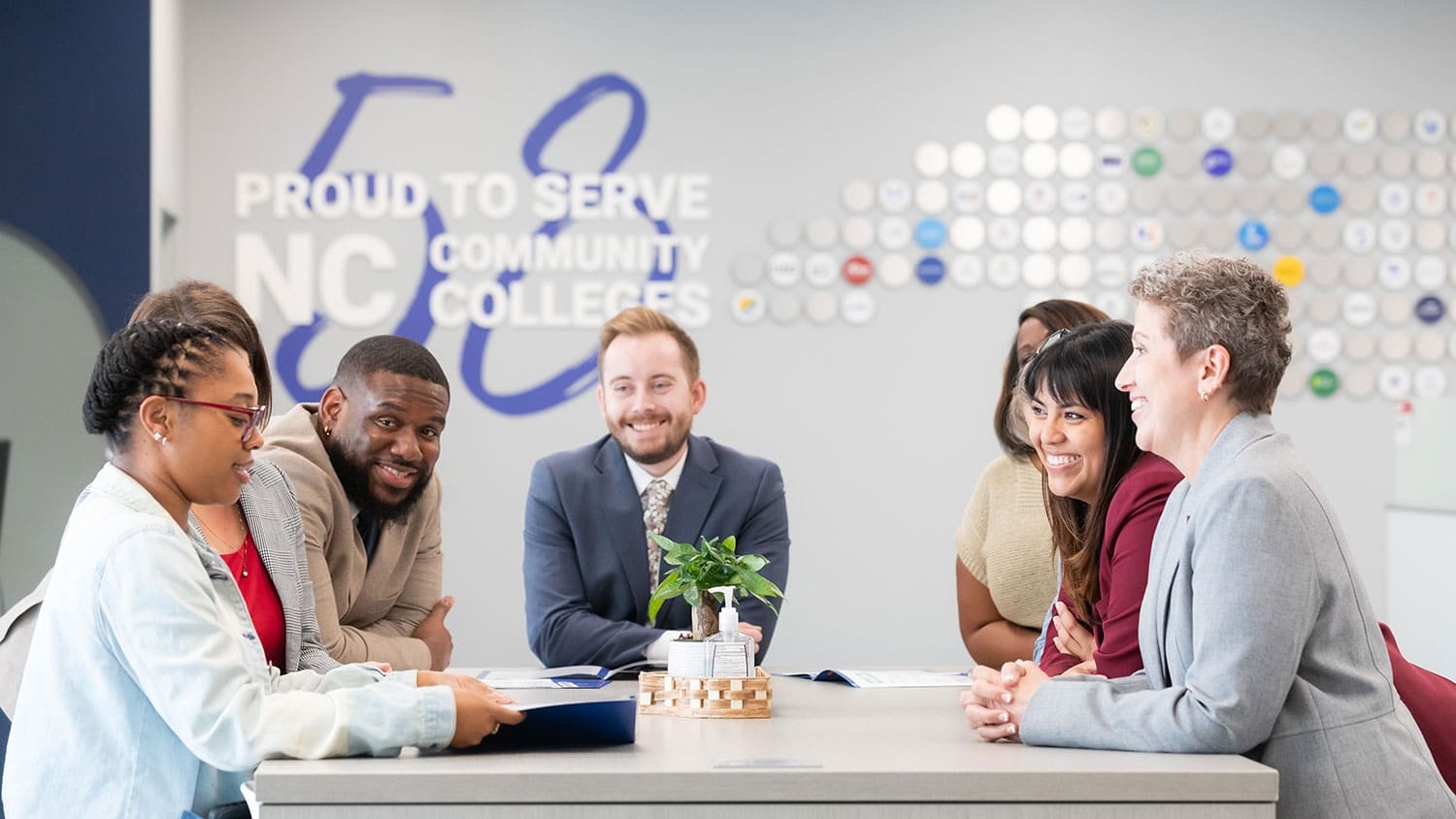NC State Education Joins Forces with Poe Center for Health Education

For Laci Throneburg, a senior elementary education major at the NC State College of Education, the idea that not all learning takes place in the traditional classroom is one of the biggest takeaways from her experiences as a pre-service teacher. In Spring 2019, for example, she was able to gain hands-on experience creating informal learning opportunities through a partnership with NC State’s Elementary Education program and the Poe Center for Health Education, the only health education field trip destination of its kind in North Carolina that serves K-12 students across the state.
“It felt good to be able to apply what I have learned in my classes in the STEM-focused elementary education program and actually see it happening right in front of me,” Throneburg said. “This experience has given me the confidence to make the connections between classroom content and informal learning settings for my future students and allow them to experience new opportunities outside of the classroom that they may not have access to any other way.”
Since 2014, NC State Education and the Poe Center for Health Education have worked together to create a course for elementary pre-service teachers interested in developing informal education programming for the center’s five learning theaters. The theaters provide students across North Carolina with opportunities to learn about dental health, where children can brush a larger than life set of teeth; healthy eating, nutrition and exercise featuring a state-of-the-art kitchen and a health education playground; drug education; family health; and general health.
As part of the course, each student works with one of the center’s health educators to develop learning materials for the center, including pre- and post-visit learning supplements for their assigned theater. Such materials serve to connect learning between formal, or school-based, education and informal education centers for teachers, students, and their families.
In addition to creating learning materials for implementation at the Poe Health Center, this year’s cohort of students prepared products specific to their health area focus for CRIO, an online curriculum sharing system SAS developed. CRIO offers many areas of focus but needed health education curricula, so NC State students worked alongside staff from the center to write relevant curriculum materials to expand offerings on the CRIO platform.
“These products are useful for teachers whose students visit the Poe Health Center as it allows them to provide content-specific experiences before and after their visit to the center,” said Sarah Carrier, Ph.D., associate professor of elementary science education and college advisor for the partnership. “There is a broad base of research that supports the depth of learning that occurs when teachers provide such support around field trip experiences.
“This bridge between formal and informal education is rich and benefits our College of Education students and the Poe Health Center,” she added. “It helps our students learn more about health education, about broader learning experiences beyond the traditional classroom, and our future teachers’ learning how to address kids’ interests will serve them well in their futures as professional educators.”
- Categories:


